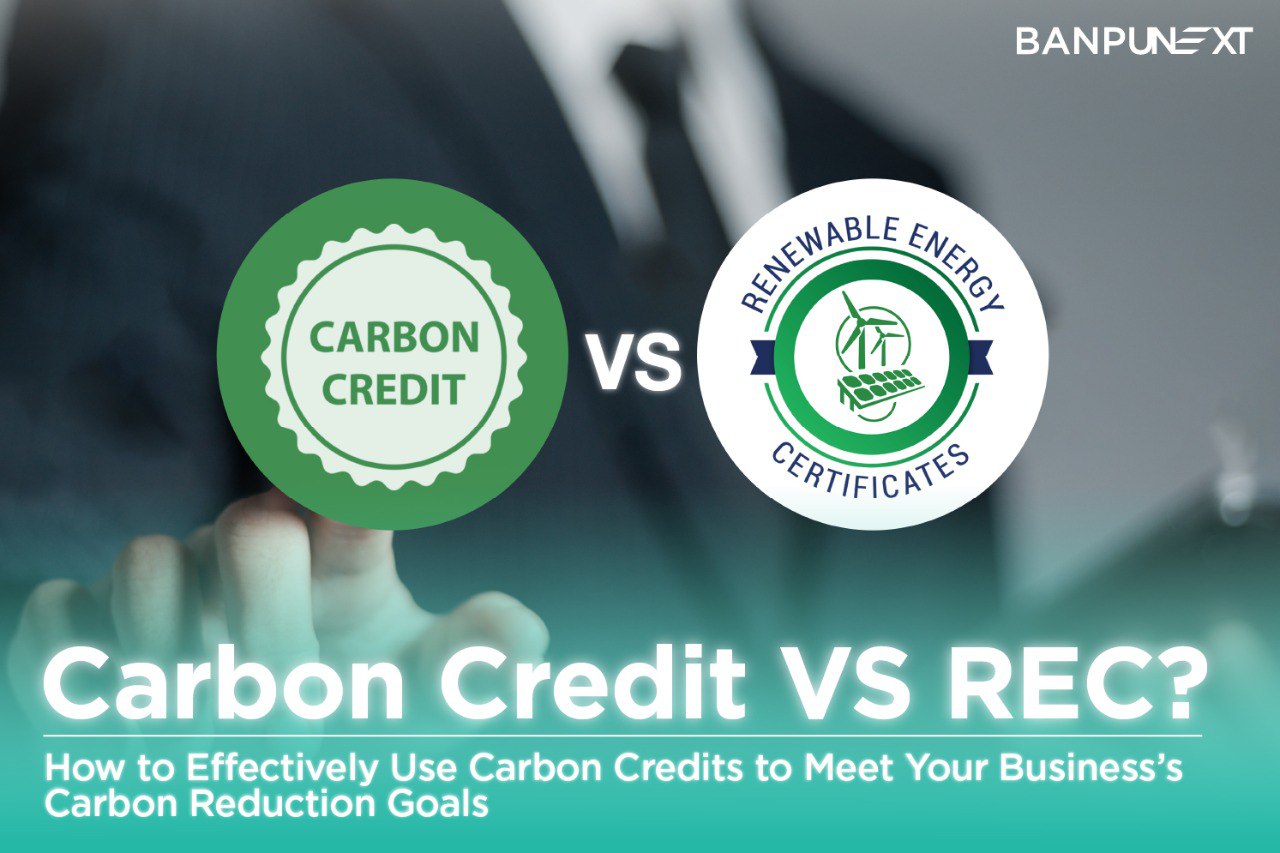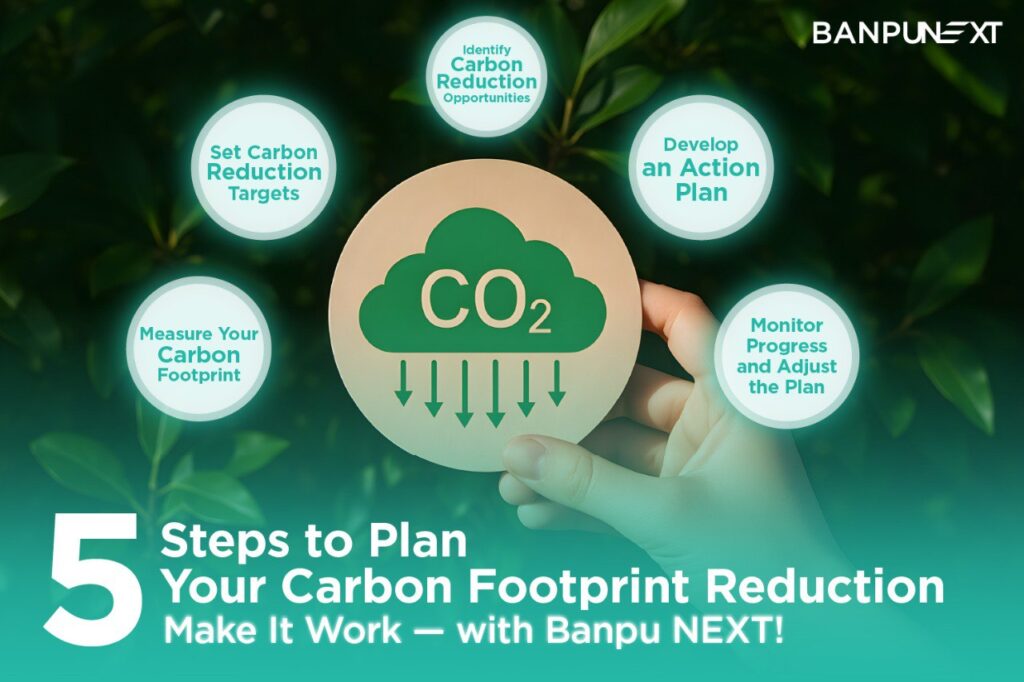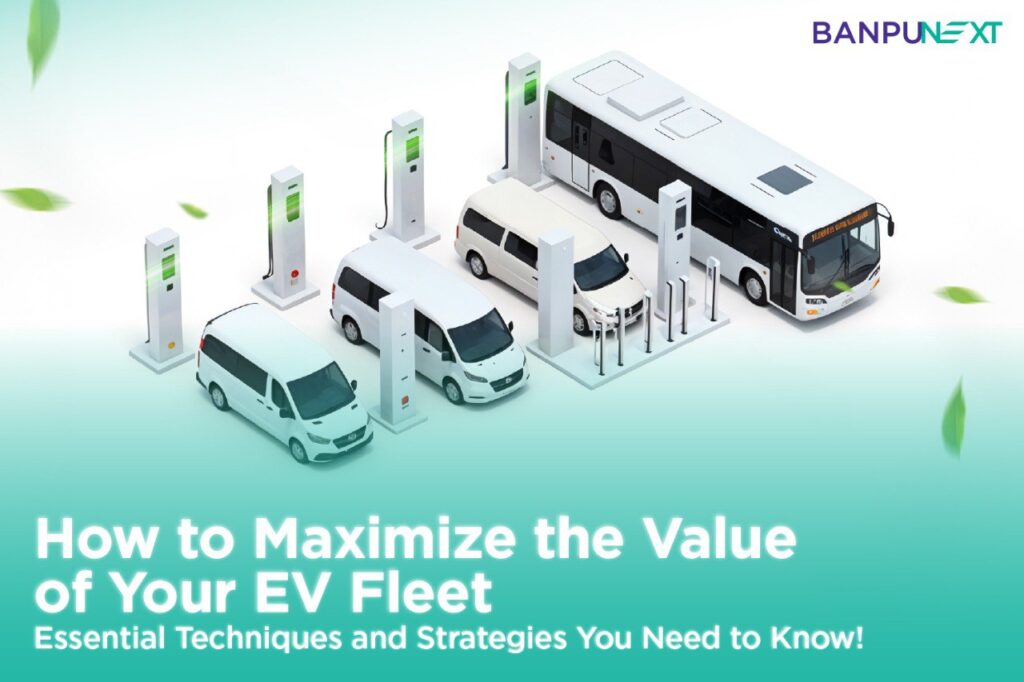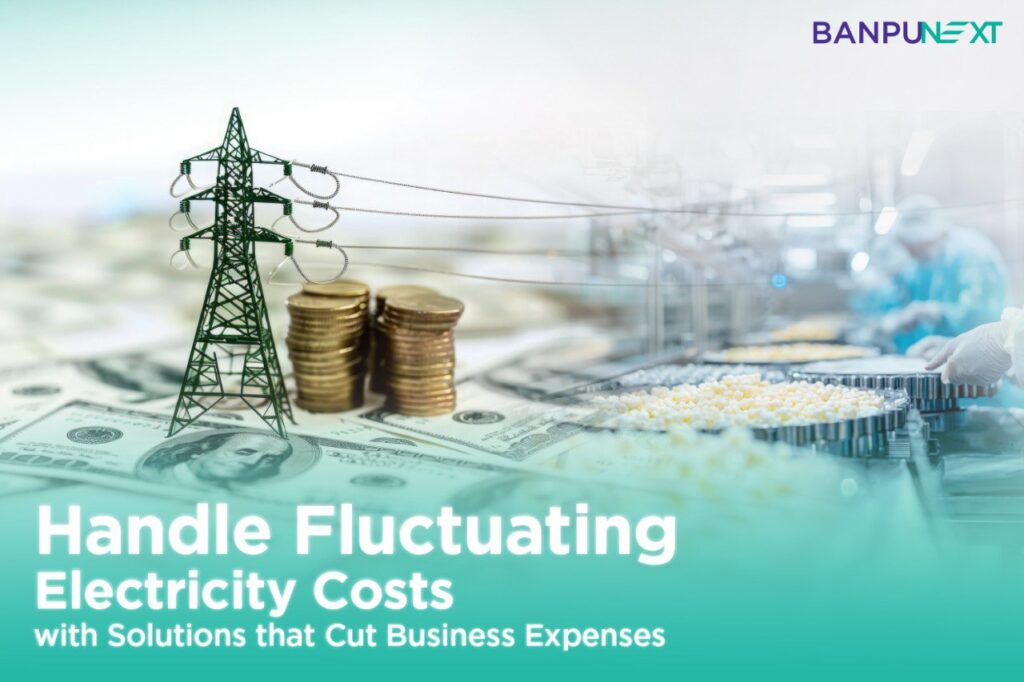Achieving Net Zero starts with prioritizing the reduction of greenhouse gas emissions as much as possible. Only then should carbon offset measures be applied to address unavoidable emissions. Carbon credits are the primary tool for offsetting emissions, while Renewable Energy Certificates (RECs) are used specifically to offset indirect emissions from electricity consumption (Scope 2 emissions). Selecting the right instrument ensures organizations can implement their Net Zero strategies effectively and sustainably.
Carbon Reduction vs. Carbon Compensation: What’s the Difference?
1. Carbon Reduction
Refers to measures that directly reduce an organization’s greenhouse gas emissions. These include improving energy efficiency, transitioning to clean energy, and optimizing production processes to minimize emissions.
2. Carbon Compensation
Involves investing in external projects that reduce or remove greenhouse gases to compensate for emissions that the organization cannot avoid. These projects may include reforestation, renewable energy, or carbon capture initiatives.
Understanding Carbon Credits
A Carbon Credit is a certificate representing the reduction of one metric ton of carbon dioxide equivalent (tCO₂e). These credits are generated by verified projects aimed at reducing greenhouse gas emissions, such as: reforestation and ecosystem restoration projects, renewable energy generation, energy efficiency improvements, carbon capture and storage technologies
Carbon Credit Market Mechanisms
1. Compliance Carbon Credits
Used in government-regulated emissions trading systems (ETS), where emission caps are enforced and organizations can trade allowances within a legal framework.
2. Voluntary Carbon Credits
Used by organizations on a voluntary basis to meet internal sustainability goals or respond to stakeholder expectations, outside of legal requirements.
Carbon Compensation Tools: Carbon Credits vs. RECs
Both Carbon Credits and RECs are essential tools for carbon offsetting but serve different purposes:
- Carbon Credits are used to offset actual emissions by supporting external carbon-reducing projects.
- RECs (Renewable Energy Certificates) are used to offset emissions from electricity use (Scope 2), verifying that the power consumed comes from renewable sources.
Each tool has distinct advantages and limitations. Organizations should carefully assess their sustainability goals, regulatory requirements, and investment priorities to select the most appropriate combination.
When to Use Carbon Credits?
- For unavoidable emissions: Ideal for offsetting emissions from transportation or critical production processes.
- To support impactful projects: Especially when seeking co-benefits such as community development or biodiversity conservation.
- To address Scope 1 and Scope 3 emissions: Suitable for offsetting direct emissions (Scope 1) and those from the supply chain (Scope 3).
When to Use RECs?
- To manage electricity-related emissions: Best for addressing indirect emissions from energy consumption (Scope 2).
- To meet 100% renewable energy goals: A strategic choice for organizations committed to clean energy transitions.
- To comply with specific industry standards: Some sectors or markets require the use of RECs for compliance or certification.
Standards and Commitment to Net Zero
Banpu NEXT is dedicated driving a net zero society. Since 2023, we have received Carbon Footprint for Organization (CFO) certification from the Thailand Greenhouse Gas Management Organization (TGO), affirming our commitment to carbon reduction and Net Zero leadership.
In 2023, Banpu NEXT and its affiliates in Thailand operated 100% renewable energy business, certified through the International REC Standard (I-REC). This achievement reflects our support for clean energy transition and long-term sustainable growth.
Banpu NEXT: Your End-to-End Partner for Achieving Net Zero
Banpu NEXT is a leading Net Zero Solutions provider in the Asia-Pacific region, helping organizations effectively manage Carbon Credits and Renewable Energy Certificates (RECs).
We offer comprehensive Net Zero Advisory services, covering the full journey—from greenhouse gas (GHG) emissions calculation and Net Zero roadmap design to the development of carbon reduction solutions, carbon credit management, ongoing monitoring and reporting, and continuous improvement.
In addition, we support ESG communications to help elevate your organization’s ESG rating and sustainability profile.
Contact Banpu NEXT for the Right Solution for Your Business
Connect with us today – Banpu NEXT







